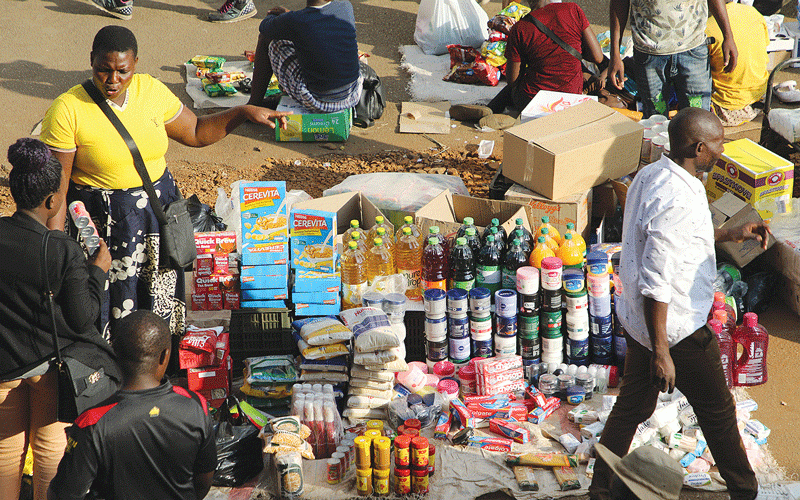
HARARE fruit vendors have defied a government directive to vacate the streets as a way of curbing the spread of cholera which has claimed more than 150 lives.
Government last week ordered urban council authorities to remove vendors from the streets and imposed restrictions on public gatherings among a cocktail of measures meant to contain the cholera outbreak.
Harare City Council was given a seven-day ultimatum to implement the ban.
This, however, did not go down well with vendors associations which argued that the move could lead to victimisation of vendors while threatening their livelihoods.
Vendors Initiative for Social and Economic Transformation director Samuel Wadzai said the issue was centred on victimisation of vendors while they were also victims of cholera.
“Our argument is that there is a need to strike a balance while avoiding unnecessary bans. Cholera can only be tackled using a holistic approach and as vendors associations we disagree that vendors are the only ones spreading the virus,” he said.
Wadzai said it was everyone’s responsibility to fight the scourge while ensuring that there was restoration of sanity in the city.
“We should not put unnecessary regulations that are likely to destroy the livelihoods of thousands of vendors. We have shown our commitment to work with authorities to block the further spread of the disease,” he said.
- Harare cancels Pomona waste deal
- Devolution gains remain a mirage
- Harare cancels Pomona waste deal
- Pomona saga: Harare handed shock US$750k ‘garbage’ bill
Keep Reading
Zimbabwe Chamber of Informal Economy secretary-general Wisbon Malaya told NewsDay that the idea of banning vendors was good on paper, but not practically possible.
“The people who sell on the streets use vending as a mode for survival and have no other option through which they earn a living.
“Be assured that people will keep coming back to the streets and it’s important to ensure that a ban such as this comes with a supporting incentive,” Malaya said.
He said lack of incentives could result in friction and tension between law enforcement agents and vendors.
Over the years, vendors and law enforcement agents have been involved in running battles amid arguments the sellers were sources of disorder in the central business districts.










